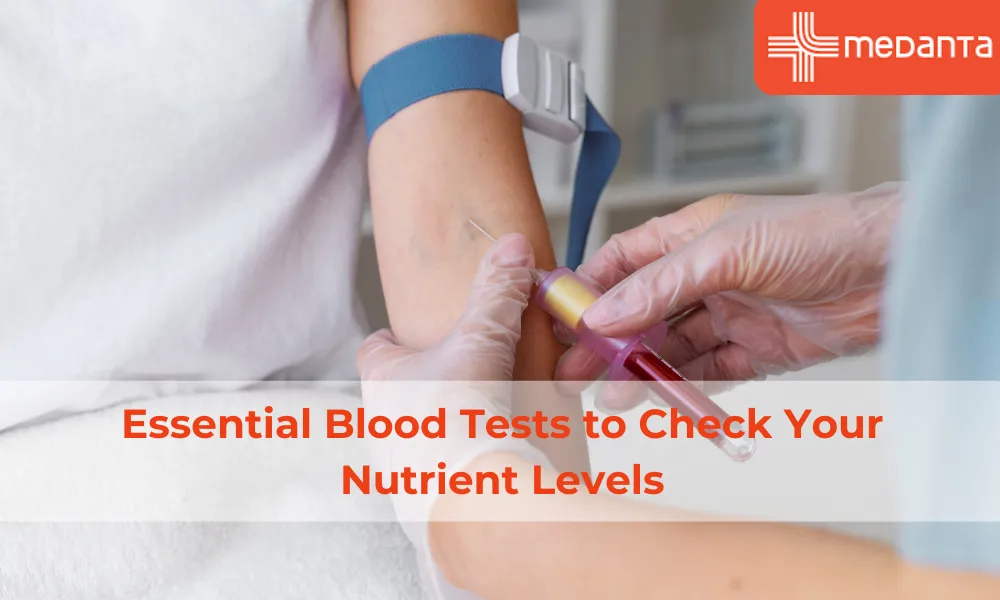No More Fear: Empower Yourself to Fight Pancreatic Carcinoma with Courage and Hope
Pancreatic carcinoma is a formidable disease that affects numerous individuals worldwide, often causing fear and uncertainty. However, in the face of this challenging diagnosis, it is crucial to embrace empowerment, courage, and hope. By understanding pancreatic carcinoma treatment options, the specific type of pancreaticobiliary adenocarcinoma, and the potential causes, individuals can take an ongoing role in their fight against this disease.
Understanding Pancreatic Carcinoma
Pancreatic carcinoma, also known as pancreatic cancer, is a malignant tumor that originates in the pancreas. The pancreas plays a crucial role in producing enzymes for digestion and regulating blood sugar levels. Cancer developing in the pancreas can interfere with these essential functions.
Pancreatic carcinoma is a significant health concern globally, with alarming statistics indicating its increasing incidence and low survival rates. It is often challenging to detect pancreatic carcinoma in its early stages due to its asymptomatic nature, leading to a delayed diagnosis and limited pancreatic carcinoma treatment options.
Pancreatic Carcinoma Causes and Risk Factors
Understanding the potential causes and risk factors associated with pancreatic carcinoma can provide insights into its development and help individuals make informed choices about their health.
Environmental factors, including smoking, obesity, and exposure to certain chemicals increase the risk. Additionally, age, family history, chronic pancreatitis, diabetes, and certain inherited conditions like Lynch syndrome and hereditary pancreatitis are recognized as potential risk factors. Certain inherited genetic mutations also play a role in some cases of pancreatic carcinoma.
While it might not be feasible to prevent pancreatic carcinoma, adopting a healthy lifestyle, such as quitting smoking, maintaining a balanced diet, and indulging in regular exercise, can reduce the risk.
Pancreatic Carcinoma Treatment Options
When diagnosed with pancreatic carcinoma, individuals are often faced with various treatment options. Each treatment approach aims to manage the disease, improve the quality of life, and possibly extend survival. Working with a multidisciplinary team of healthcare professionals to develop a personalized treatment plan is paramount.
Surgery is a primary treatment option for pancreatic carcinoma when the cancer is localized and deemed resectable. However, not all cases are eligible for surgical intervention due to tumor size, location, or spread. Chemotherapy, targeted therapy, and radiation therapy are alternative treatment modalities that may be used alone or in combination, depending on the individual's specific situation. With improvements in surgical techniques and chemotherapy regimens, it has become possible to offer surgery even in locally advanced cases of pancreatic cancer
Chemotherapy entails using drugs to kill cancerous cells or inhibit their growth. Over the last two decades, there has been significant improvement in chemotherapy for pancreatic cancer enabling patients to live longer than was previously considered possible.
Radiation therapy uses high-energy X-rays to destroy cancer cells and is given for locally advanced tumors and unresectable cancers.
Palliative care is another essential aspect of pancreatic carcinoma treatment. It aims to alleviate symptoms, manage pain, and enhance overall well-being, even if a cure is not possible. Palliative care can greatly enhance the quality of life for individuals with advanced pancreatic carcinoma.
Advancements in pancreatic carcinoma research have led to emerging treatment options and clinical trials that offer hope for improved outcomes. It is crucial for individuals to stay informed about the latest developments and discuss these options with their healthcare team.
Conclusion
Pancreatic carcinoma is a formidable disease, but individuals can face it with courage, empowerment, and hope. With significant developments in surgery, chemotherapy, and radiation therapy for pancreatic cancer, it has been possible to help more and more patients live longer and healthier lives.
It is important to remember that each journey is unique, and support from loved ones and healthcare professionals is invaluable. Let us stand together, empowering one another to overcome the challenges of pancreatic carcinoma with courage and hope.






